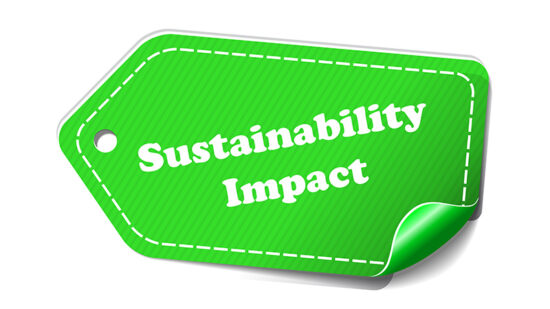JPMorgan received the heaviest fine of €337m (£287m) for its role in the “cartel” which saw traders from seven banks share sensitive strategy information in attempts to rig the Euribor and Eonia rates between September 2005 and May 2008.
HSBC received a fine of €33.6m (£28m) and Crédit Agricole ordered to pay €114m (£97m) after an investigation by the European Commission found traders used instant messenger to discuss their banks’ submissions to aid the calculation of the Euribor.
Commissioner Margrethe Vestager, in charge of competition policy said: “A sound and competitive financial sector is essential for investment and growth. Banks have to respect EU competition rules just like any other company operating in the single market.”
Four other banks involved in the cartel settled their cases outside court in December 2013.
Barclays avoided a €690m fine (£587m) by revealing the existence of the cartel, and Deutsche Bank, RBS and Société Générale received reduced fines of €1.04bn (£890m) after settling outside court in December 2013.
The Euribor reflects the cost of inter-bank lending, and the banks were accused of illegally colluding rather than competing in the markets which would affect not just banks, but companies in the single market who use euro interest rate derivatives to hedge their financing risk.
JPMorgan has hinted it may appeal the fine, a spokeswoman told the BBC today: “We will continue to vigorously defend our position against these allegations, including through possible appeals to the European courts.”







